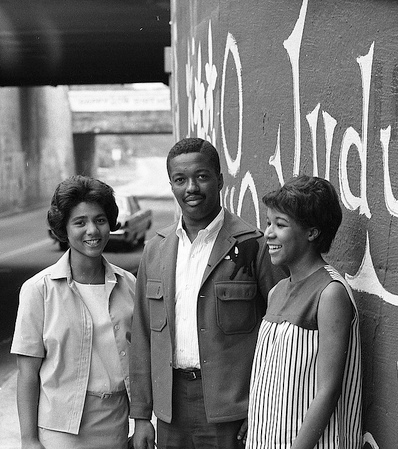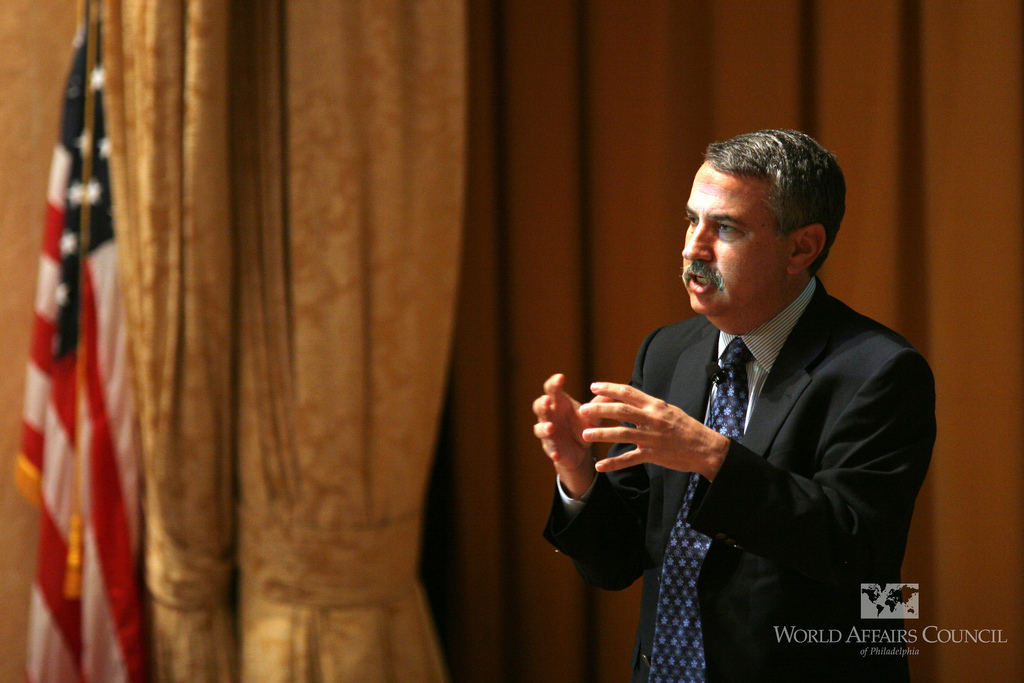Entries in On Campus by Mallory Noe-Payne

Students and faculty at Plymouth State University in New Hampshire enjoy some of the least restrictive speech rights in the country, according to the Foundation for Individual Rights in Education. The school was recently awarded a "green light" free-speech rating from the FIRE, an organization that monitors individual rights on college campuses.

On Emerson College's first day of classes, the corner of Boylston and Tremont streets swarm with students; students drinking coffee, students smoking cigarettes, students wearing skinny jeans and plaid. In short, a small corner of Boston chock-full of hipsters.
And while "hipster" may not seem like an apt description of Boston's population as a whole, it does describe the students at Emerson College, at least according to College Magazine, an online and in-print publication written by college students.
College for America is an online degree program with no classes, no professors, and no credit hours. Offered through Southern New Hampshire University, the $10,000 degree program relies on students' skills to award credit. The program was recently featured as part of PBS NewsHour's Rethinking College series.

After decades of rising costs, students are less willing and able to pay a premium for college education. Many families are asking whether college is worth it. And that question has been posed repeatedly in recent headlines. From a New York Times op-ed to NPR's Education Blog, many pundits are making their voices heard.
For those who don't want to slog through every op-ed and article, WGBH’s On Campus has aggregated highlights in one place.
So… is college worth it?

A growing movement has students urging professors to be more transparent about sensitive material in their coursework.
Those students are arguing that certain content -- like depictions of rape, suicide or political violence -- can act as a trigger to students who have experienced trauma. To help prevent this, professors can issue "trigger warnings."

This Saturday marks the 60th anniversary of Brown v. Board of Education, the landmark Supreme Court ruling that paved the way for American schools to desegregate. Integration was a slow, and often violent, process that wasn't isolated to the American South.
In Boston, in the 1970's, a judge ordered the busing of children from one part of town to another to integrate public schools. Known today as the busing crisis, the court order set off a wave of protests.

Stanford University announced Wednesday that it will no longer use any of its $18 billion endowment to support coal mining companies.
Listen to the story from The World

Tom Friedman says college education is heading for a "huge disruption." The New York Times columnist sat down with Innovation Hub host Kara Miller to talk jobs, education and the middle class.
But if you really only care about the education bits, we've got you covered. Here's our listener's guide to the interview.










